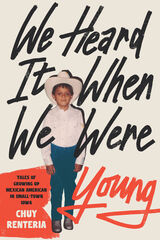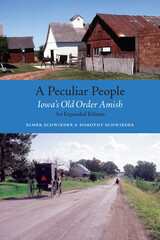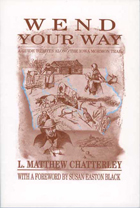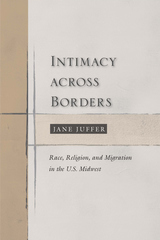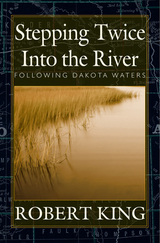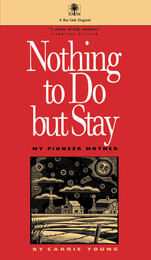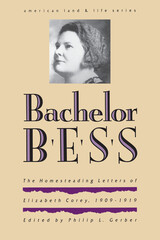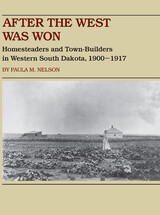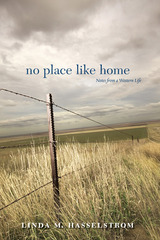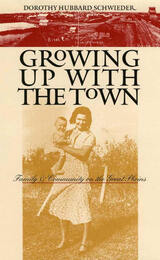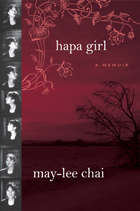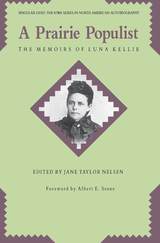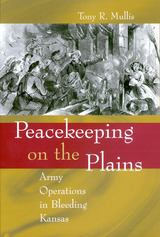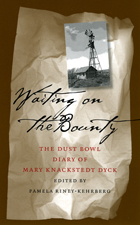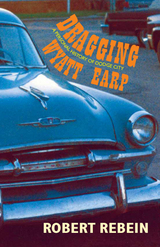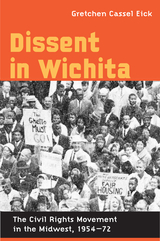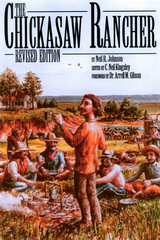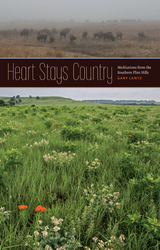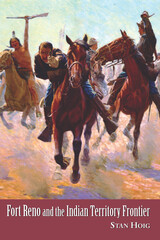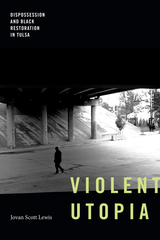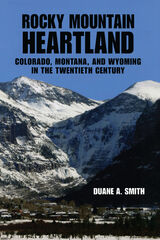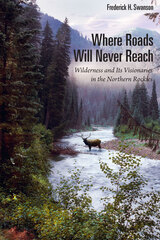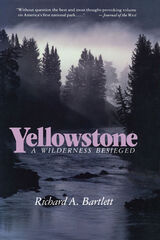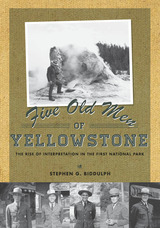The Road to Rebellion: Class Formation and Kansas Populism, 1865-1900
University of Chicago Press, 1988
Paper: 978-0-226-56127-1 | Cloth: 978-0-226-56126-4
Library of Congress Classification F686.M4 1988
Dewey Decimal Classification 978.1031
Paper: 978-0-226-56127-1 | Cloth: 978-0-226-56126-4
Library of Congress Classification F686.M4 1988
Dewey Decimal Classification 978.1031
ABOUT THIS BOOK | AUTHOR BIOGRAPHY
ABOUT THIS BOOK
In the late 1800s an unprecedented coalition of American farmers rose to challenge the course of national politics. Aspiring to a society in which justice and equality were the norm, the farmers galvanized thousands of voters, causing two dominant political parties to reshape their agendas. Yet by 1900, the movement was virtually dead. Scott G. McNall analyzes why America's largest mass-democratic movement failed. He focuses his inquiry on Kansas, the center of the agrarian rebellion that led to the creation of the Farmer's Alliance and, later, to the founding of the People's party. Integrating new historical accounts with original analyses of census data, Alliance membership records, and speech transcripts, McNall restores these Kansas voices, revealing their struggle against an entrenched class system, indifferent political parties, and economic hardship.
McNall rejects the traditional view that blames the failure of the Alliance on a turn to mass-based electoral politics, but rather sees the move into national politics by the Farmer's Alliance as part of a rational strategy to better wage their fight for economic justice. The Kansas populists failed, he argues, because of their inability to embrace a broad, working-class base, to provide an effective alternative vision, and ultimately to create a distinct class organization. Debates about how classes come into being, or how democracy is to be realized, cannot be settled in the abstract. McNall's recreation of this heroic struggle is a model in the analysis of class formation. At the same time, The Road to Rebellion is dynamic social history, which holds vital lessons for structuring and realizing alternative political agendas today.
McNall rejects the traditional view that blames the failure of the Alliance on a turn to mass-based electoral politics, but rather sees the move into national politics by the Farmer's Alliance as part of a rational strategy to better wage their fight for economic justice. The Kansas populists failed, he argues, because of their inability to embrace a broad, working-class base, to provide an effective alternative vision, and ultimately to create a distinct class organization. Debates about how classes come into being, or how democracy is to be realized, cannot be settled in the abstract. McNall's recreation of this heroic struggle is a model in the analysis of class formation. At the same time, The Road to Rebellion is dynamic social history, which holds vital lessons for structuring and realizing alternative political agendas today.
See other books on: 1865-1950 | Farmers | Road | Rural | Social classes
See other titles from University of Chicago Press

